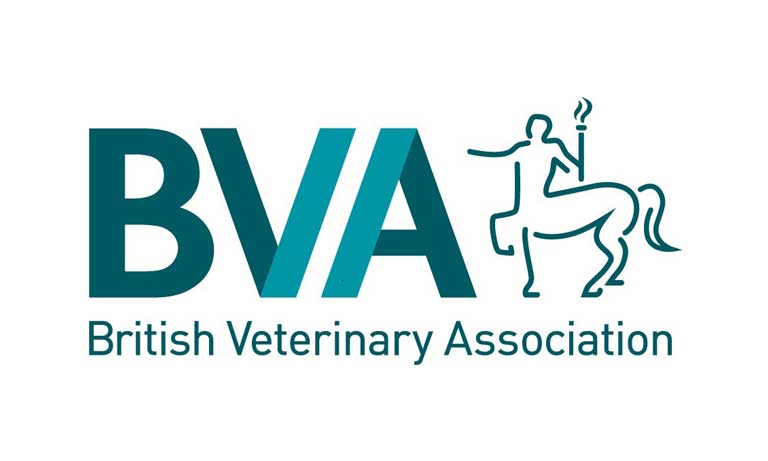Standing up for the veterinary profession
08 Aug 2024
29 Aug 2019 | Ian Futter
Ian Futter highlights what's involved in providing expert testimony for animal welfare prosecution cases.

The Scottish SPCA wants to whet Scottish vets’ appetites for supporting their animal prosecution cases. So we’re holding an information event at SSPCA HQ on 18th September with an open invitation for vets in Scotland. We’ll talk about some real-life cases and you will hear at first-hand what’s involved in the working with the SSPCA to protect animal welfare. We’re so grateful for all the work that the veterinary profession does to help us protect Scotland’s animals, and we want more vets to get involved.
As a busy practising veterinary surgeon, you might be thinking why would I want to get involved in providing expert testimony in animal welfare prosecution cases?
This is a perfectly legitimate question to ask, and one I sometimes ask myself, even though I work for the Scottish SPCA. Sometimes the forensic side of this work can be exciting; sometimes it is also heart-breaking. Always though, it is worthwhile.
I certainly don’t do it because I want to see bad people punished; far from it. The majority of people who are prosecuted under the Animal Health and Welfare (Scotland) Act 2006 have found themselves in this position through naivety, a change in their circumstances (financial or domestic) or simply because they were not competent at caring for themselves and their families let alone a highly dependent animal with specific welfare needs.
The main satisfaction I get from being involved is the knowledge that I have probably helped prevent another animal from suffering in the same way. Added to that, the publicity accompanying cases can then act as a deterrent for other people getting into the same position, so we’re preventing further animal cruelty.
Of course there are some people out there who do deserve to be punished for acts of cruelty against animals and it is only right and proper when they get their just reward. These are often the high profile cases. As a vet these are the ones that are more demanding to provide evidence for, but they are by far the small minority of what the Scottish SPCA needs our professional and expert help with.
The recent trial involving the puppy farmer Frank James would be a case in point. There were 88 dogs removed from the farm in Aberdeenshire, all of which required veterinary treatment and all of which were suffering. It took me a number of hours to write my part of the evidence, and a few hours in court. It is always of course a team effort, and the Inspectors and other vets involved equally had to provide excellent evidence. This one turned out well for promoting animal welfare and the publicity will hopefully be a warning to others. (By the way, 86 of those dogs were rehomed by the Scottish SPCA).
Every experienced practising vet is qualified to provide evidence in welfare prosecution cases. It is really just about doing your job in a meticulous fashion; and then providing written evidence as to why the animal in question was suffering. It is about giving your professional and informed opinion, telling the truth as you see it in a sound and coherent way so that the Court can decide the guilt or otherwise of the accused.
Ninety percent of the cases I have been involved in over the past 15 years have gone no further than providing a written statement. And that’s largely due to the fact that I have learned how to write statements that lay out my opinion clearly in words that the lawyers can understand.
Cases are usually the kind of stuff you see in practice everyday: the dog that is not being fed enough to keep it from being emaciated; the cat with chronic flea allergy dermatitis over several weeks; the puppy that was trodden on and now has a broken leg; the Staffie with atopic ear disease and Demodectic mange that is scratching lumps out of itself. The difference for you, hopefully, is that the owner has come seeking your professional help for their animal and you get to stop it suffering. In the cases we see, no such help was sought and often the basic needs of the animal have been overlooked, often for months or years on end.
This is not a subject that is taught at vet school and many vets might not know what this kind of work entails. So, come along and join us on the 18th September to find out how you can maximise your skills to safeguard Scotland’s animals.
I look forward to meeting as many colleagues as possible on 18th September. Do also drop me a line if you cannot make it but are still interested. A number have already done so.
Get tailored news in your inbox and online, plus access to our journals, resources and support services, join the BVA.
Join Us Today